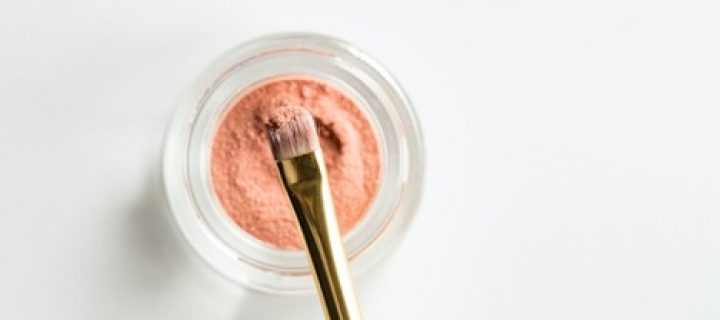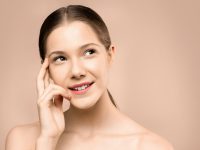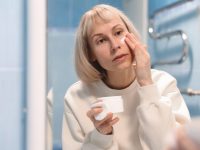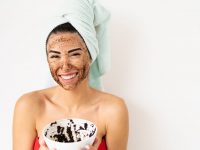Beauty industry professionals use terms like “clean,” “organic,” and “natural” so frequently that they almost lose meaning over time. Every product we pass is emblazoned with these words, and it isn’t apparent. The problem is that no one appears to be able to define any of them.
How would you define natural? At best, it is difficult to figure out what you need from all the jargon, and at worst, it is impossible. Safe, effective products are what we want and need. It’s time to shed a little light on the subject and define each buzzword for what it truly means.
Clean
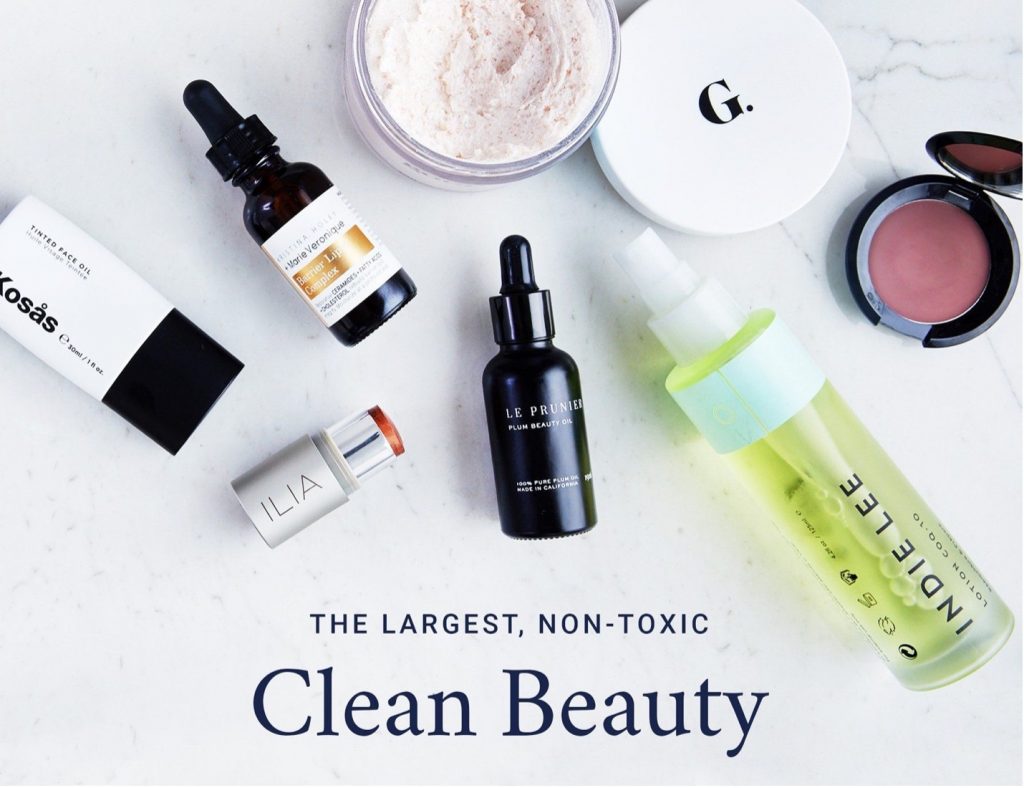
The term clean beauty is so ubiquitous that it’s impossible not to be familiar with it. This is a revolution. Despite the lack of a concrete definition of “clean” in beauty, there is evidence that the buzzword gives birth to a whole new beauty movement: the clean beauty movement. This movement encompasses a variety of niche markets of beauty, including:
- All-Natural Or Natural
- Organic
- Chemical Free
- Vegan
- Cruelty-Free
As part of the clean beauty movement, brands and products that utilise natural and all-natural ingredients are marketed and sold. They keep an eye on the impact they have on the environment. Almost everyone enjoys the benefits of real plants around them, so the clean beauty movement is so popular. Spectacular people, brands, and products will help bring our favourite plant life right into our home.
The term “clean” is also not strictly regulated, though it does carry more weight than the word “natural.” Cosmetics considered safe are often equated with clean. Cleaning up your beauty routine typically means eliminating certain toxins, sulfates, parabens, and other questionable ingredients from your products.
Clean beauty, unlike organic and natural beauty, embraces synthetic (and lab-created) ingredients, like hyaluronic acid, as long as those ingredients are safe. It’s up to brands (and consumers) to determine what clean means for themselves since only 11 chemicals have been banned by the FDA.
Organic

Chemical-free products (natural and organic) are ideal for our skincare routine.
We use various products every day to come into contact with our skin, such as makeup, fragrances, moisturisers, soaps, and deodorants. Besides what we eat, we should also care for our skin.
A certified organic product comes from plants and is made from natural ingredients. It’s important to note that organic materials are grown without pesticides, herbicides, synthetic fertilizers, genetically modified organisms (GMOs), or other additives or chemicals. Organic plants contain a higher level of antioxidant vitamins than non-organic plants.
Because organic skincare products are free of harsh chemicals, they are less likely to trigger allergic reactions, inflammations, and irritations.
Furthermore, organic skincare products usually contain up to 95% active ingredients. On the other hand, synthetic skincare products have active ingredients that make up only 5 to 10% of their content. While artificial ingredients may be fast-acting, they are also intrusive, causing harm that cannot be seen.
However, natural and organic skincare products provide real nutrition from their ingredients. Coconut oil, honey, aloe vera, and shea butter, for example, are incredibly beneficial to the skin and can soothe, hydrate, nourish, and promote a healthy glow. Organic skincare products guarantee longer-term skin health, even though the results may be slower.
Does Clean Beauty Have to Be All-Natural?
The movement of clean beauty is still gaining traction, but it has been around for a while. The best products of clean beauty were long considered to use only natural ingredients. Natural beauty is another buzzword centered around preservative-free products.
Nevertheless, clean beauty does not necessarily mean all-natural.
There are many safe synthetics, safe artificial ingredients, and even safe preservatives available in the 21st century, and the science of beauty has made advancements to include them.
To maintain the stability of the formulation, ALL cosmetics should contain a safe preservation method.
Clean beauty products can be formulated with various synthetic ingredients as long as they are non-toxic and non-harmful.

